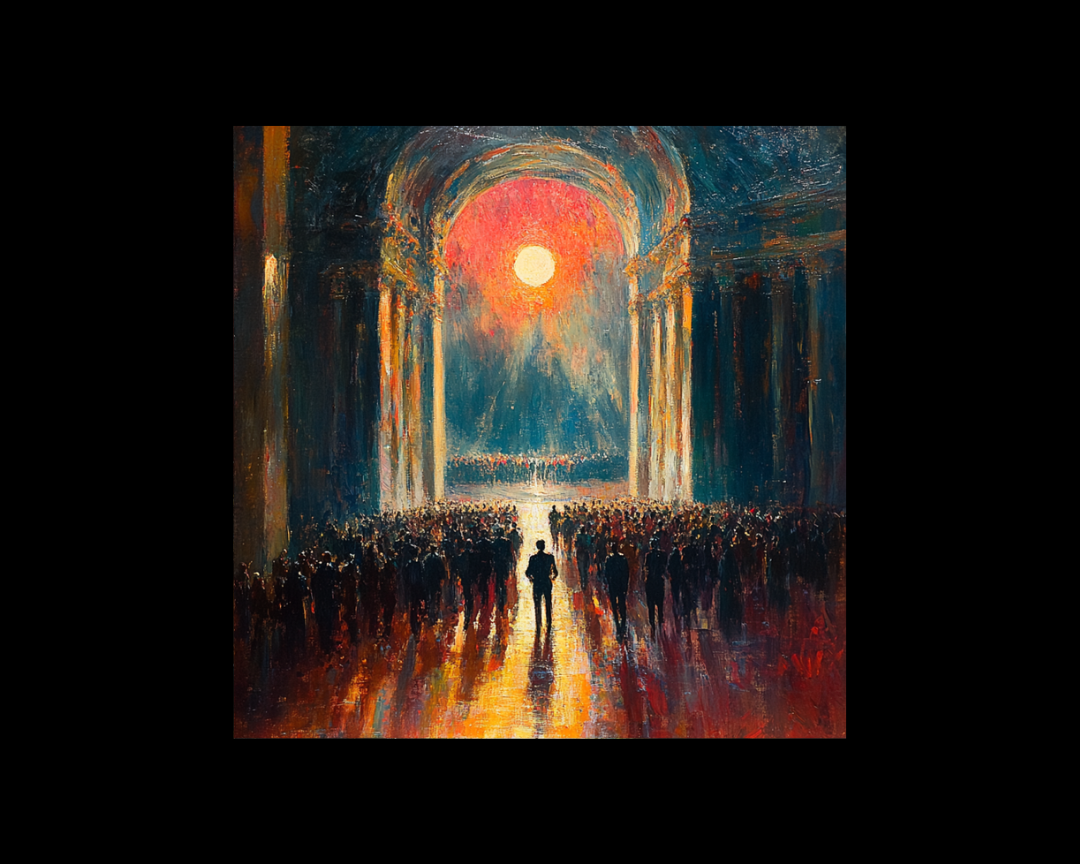How to End a Book: Writing Memorable Final Lines and Moments
Story endings can be thrilling, rewarding, and, for many writers, intimidating. A strong ending must provide resolution, deliver emotional impact,...
%20(1).png)
Our life is influenced by the stories we tell ourselves and the stories we consume, whether or not we realize it. The way we perceive the world around us is directly linked to these stories and the experiences we’ve had in our lives. Understanding this notion can help us be better storytellers by learning to leverage life as the ultimate reference point.
We are products of our environment, and that includes the stories and narratives we consume.
When we consume the stories of those around us, it burrows deep into our beings and becomes a part of us, even in the tiniest of ways. These stories shape our views of the world, and ultimately, how we see ourselves in it.
Understanding our place in the world has long been a topic of discussion – probably since the beginning of time. What’s the point? Why are we here? What is my purpose in life? You know, all the questions we find ourselves asking at the bottom of a bottle of rose.
Stories give us a reference point, a benchmark even, to compare and contrast our lives against. They help point us to where we want to go. When people share their stories with us, no matter how insignificant they may seem, it gives us a framework to bounce our thoughts and ideas. We can take what we need and leave the rest. It gives us some guardrails to lean against and guide us.
In the same vein, protecting ourselves from consuming the wrong stories is just as important as consuming the right ones. There are many ways that you can find yourself soaking up the ill advice of someone who has damaging ideals or experiences that negatively affect the way they see the world or themselves. Despite the dangers that can come with consuming these stories, they can also provide insight into the ways we can offer empathy and compassion to a hurting world. Stories help us grow.
There’s no doubt you’ve heard stories from friends and family about how they overcame an obstacle or fear in their life. I’d be willing to bet it gave you a sense of hope in fighting your own battles or challenges. Using life as a reference point for storytelling can open the doors to resilience in the face of adversity.
Storytelling as a way to demonstrate resiliency becomes infinitely easier when you leverage real life as your reference point. People who hear your stories can feel hopeful and uplifted knowing that someone has forged the path ahead, and has gone through something similar. There is, in fact, hope. The stories that use life as a reference point are the most impactful.
Stories bring people together. When we read or hear stories that use life as a reference point, we are better able to connect with the story and the characters within them. We can see the world through their eyes and feel the emotions they feel because we’ve felt them too at some point in our own lives.
The connection we build through storytelling helps shape the way we see the world. It gives us a new perspective and understanding of our place in it all. We better understand the experience of others and can empathize with them. Storytelling is most effective when we reference our lives, it brings humanity to the forefront and makes the world a better place.
Everyone has a story to tell. What’s yours?
Not sure how to get your story across? At Hire a Writer, we have a team of expert storytellers ready to help. Contact us today.

Story endings can be thrilling, rewarding, and, for many writers, intimidating. A strong ending must provide resolution, deliver emotional impact,...
.png)
Have you ever found yourself questioning your storytelling skills? We've all experienced that nagging doubt, that sinking feeling in our stomach when...
%20(1).png)
Storytelling is a complex journey where characters grapple with three fundamental oppositions: character vs. character, character vs. nature, and...